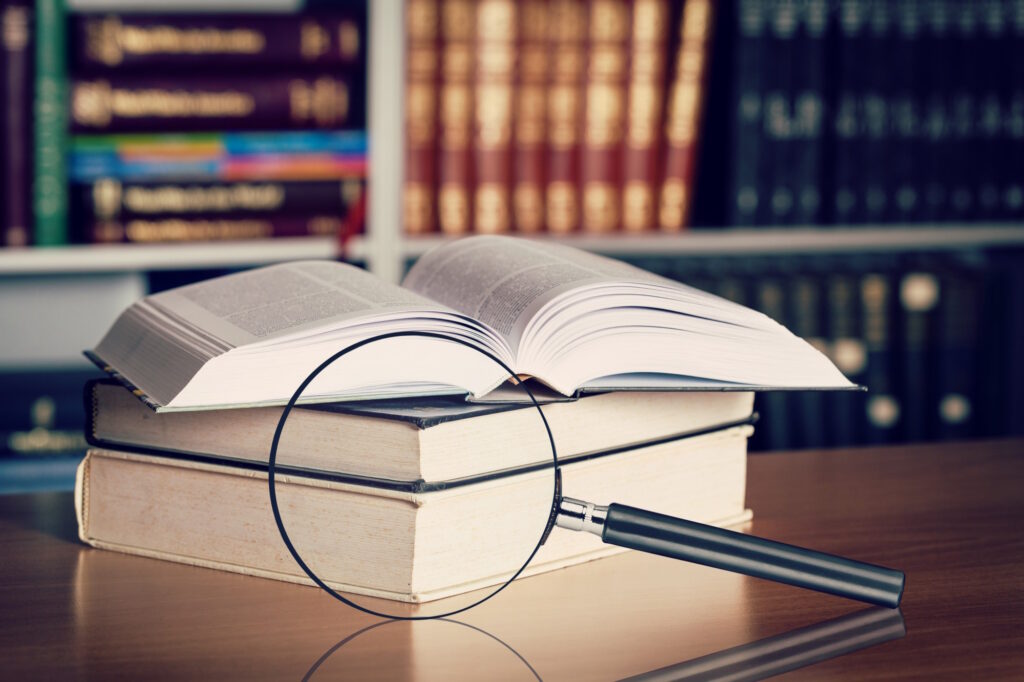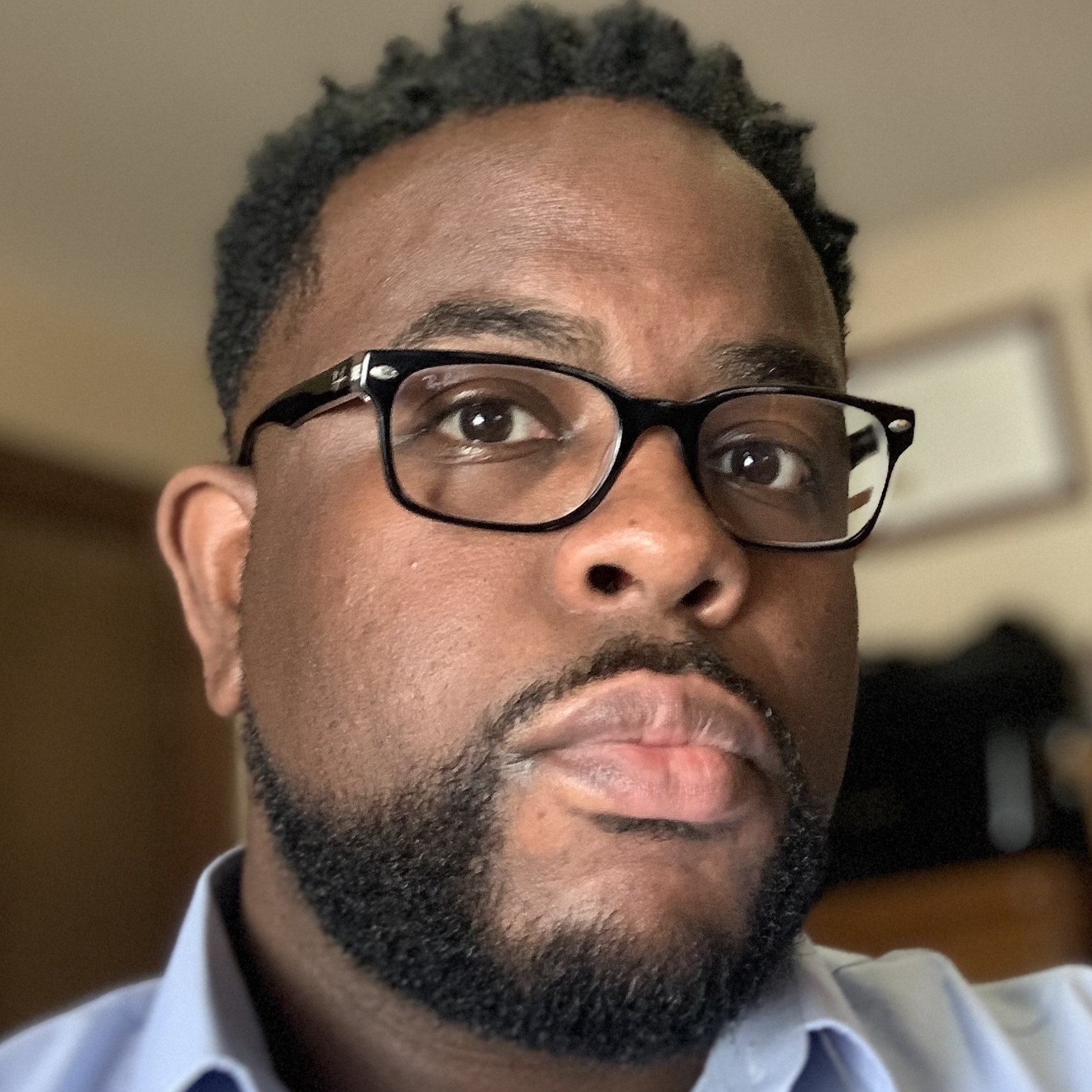New Hampshire considers removing court reporter licensure, bill is adopted by state House of Representatives.
The state of New Hampshire may be approaching a fork in the road when it comes to court reporting and legal technology. As courts become more familiar with non-stenographic methods to capture testimony, legislators are now questioning their state’s role in licensing and regulating court reporters. This comes as nationwide discussions have focused on a court reporting industry that has struggled to keep pace with the efficiency and cost savings afforded by legal technology. Still, questions remain with respect to protecting the record and, by extension, the consumers that rely on verbatim transcripts as an essential part of civil and criminal proceedings. This ongoing conversation may come down to one important question: How much can advances in legal technology be trusted to secure the record?
House Bill 1412 sees split vote in state judiciary committee
New Hampshire has taken center stage on this issue. The Granite State is considering House Bill 1412 (“HB 1412”), which would end court reporter licensure and regulation by 1) repealing pertinent sections of New Hampshire’s Revised Statutes, and 2) repealing the state’s advisory board of court reporters. HB 1412 has received a mixed reception. The proposal fell short of receiving a recommendation of “Ought to pass” from the state house judiciary committee, but did survive a vote of “Inexpedient to legislate,” which, if adopted by the House, would have killed the measure. Instead, the bill passed out of committee on a split 10-to-10 vote before ultimately succeeding in the New Hampshire House of Representatives. HB 1412 highlights competing perspectives of the court reporter industry, both of which were on full display at a January 24, 2024 hearing before the New Hampshire Judiciary Committee and on the House floor.
Advocates and opponents debate the usefulness of court reporter regulation
 According to proponents of the bill, court reporter licensure has simply outlived its purpose. Speaking before the judiciary committee, bill cosponsor Representative Tony Lekas presented a court reporting landscape that has left the state advisory board with little to do:
According to proponents of the bill, court reporter licensure has simply outlived its purpose. Speaking before the judiciary committee, bill cosponsor Representative Tony Lekas presented a court reporting landscape that has left the state advisory board with little to do:
“[B]asically, there [are] relatively few of them that are licensed. And for the last quite a few years there have been zero disciplinary issues. The board’s basically had nothing to do. And I don’t believe that there’s a need for this license to exist anymore.”
Douglas Osterhoudt, general counsel to the Office of Professional Licensure and Certification, which did not take a position on the bill, testified that the state had a total of 63 licensed shorthand court reporters with just one voice writer. Mr. Osterhoudt also testified that there had been zero enforcement matters in the last five years.
Opponents to HB 1412 argued that, given their role in producing and protecting the record, the job of a court reporter is too important to remove licensure requirements. State representative Steve Shurtleff, speaking to the quality of transcripts in his opposition to the bill, claimed that, “Without that licensure procedure, the village idiot could say they’re a court reporter, and then we’d pay the consequences.” Kathryn Sweeney, president of the New Hampshire Court Reporters Association, discussed the matter of information security, noting that she as a court reporter abides by professional ethics established by the National Court Reporters Association.
New Hampshire courts’ decades-long move away from court reporters toward courtroom monitors
Although these arguments may have swayed some members of the committee, other committee members voiced skepticism at the idea that court reporters were uniquely positioned to protect the record. Most notably, Judiciary Committee Chair and former New Hampshire Supreme Court Justice Bob Lynn argued that attorneys, without the assistance of state court reporter licensure, were capable of requiring the necessary standards of care from the people they hire to capture the record. Representative Lynn also noted that state courts have used courtroom monitors for decades. Speaking to the president of the New Hampshire Court Reporters Association, Representative Lynn noted that,
“The stuff that you’re doing is sort of the periphery. But when it actually gets to court and we have to worry about making sure that the court gets it right and that there’s no errors in what people testify about, or that things that are supposed to be sealed in court are sealed and the stuff that’s not supposed to be sealed is not supposed to be sealed, all that is done by a non-licensed court monitor. And yet, the court system seems to have been doing that now for pretty close to 20 years, maybe more than 20 years, and seems to be operating just fine. So I have to say I’m a little bit skeptical that licensure is such a critical thing for court reporters.”

Committee chair acknowledges he was wrong to doubt change as a judge, raises anticompetitive impact of state licensure
In a February 15, 2024 executive session of the Judiciary Committee, Representative Lynn expressed that he once held similar beliefs as the opposition, but came to understand the value of legal technology in the courtroom:
“I have some sort of long history on this. And I won’t bore you now with the details of the long history. But what I would say is this. All of the arguments that you heard by the people who testified in support of continuing to have regulation of court reporters, all of those arguments were the very same arguments that were made to the supreme court back in 2004 and 2005 for why the court system should not eliminate using court stenographers, ‘The record will not be secure,’ ‘It’ll be terrible,’ ‘We need the court reporters.’ And I have to say . . . I was one of the judges on the superior court who agreed with those arguments. Twenty years ago, I would have been saying the same thing that we heard from Representative Shurtleff about, ‘This is terrible if we get rid of the court reporters,’ ‘The record will not be accurate,’ ‘We can’t just use people monitoring tape recorders,’ ‘It’ll be absolutely awful.’ And I thought the supreme court was just . . . you know, this was gonna be a catastrophic mistake. The reality is I was wrong.”
Representative Lynn later noted of this alternative approach, “It works fine. And it saved the judicial branch a substantial amount of money.” Additionally, Representative Lynn took a moment to highlight the anticompetitive effect of requiring licensure when alternative, viable methods to record testimony are available:
“The continuing licensure of court reporters, it seems to me. . . is simply a matter of sort of trying to eliminate competition . . . prevent people who would do outside of the court, essentially, what we refer to now as the court monitors, people who use the tape recorders, do inside the court.”
House Bill 1412 passes New Hampshire House of Representatives as other states consider regulatory bills that will impact court reporting
Legislators continued debate to a vote on the House floor that proved positive for supporters of the bill. The New Hampshire House of Representatives adopted House Bill 1412 by a vote of 188 to 166, making way for consideration by the state senate.
New Hampshire is not the only state to address its role in regulating court reporters. Alabama, Illinois and Tennessee are considering bills that would extend sunset provisions on their respective court reporters boards. Meanwhile other states such as California and Iowa have expanded their definitions of “court reporter” to include stenomasks, a move that could be seen as yet another sign that the industry must evolve to meet current demands. Regardless of where you may stand on the issue, one thing seems clear — the industry has no choice but to embrace change.
A deposition service that protects the record and challenges the status quo
 Readback is a deposition service that understands both the responsibility to protect the record and the need for the court reporting industry to change course. Through its Multi-Intelligence Service Team, Readback uses state-of-the-art technology guided by human oversight to provide a trustworthy record. Readback’s patented speech-to-text technology captures the testimony while a team of human transcribers with a live feed to the proceeding ensures a verbatim transcript. A human guardian oversees the entire process to make sure the deposition runs smoothly. Readback’s flagship level of service, Active Reporting, offers the premium features of rough drafts in one hour, certified transcripts in one day, and near-time access to text during the proceeding at flat rates. Sound interesting? Visit Readback to learn about our story.
Readback is a deposition service that understands both the responsibility to protect the record and the need for the court reporting industry to change course. Through its Multi-Intelligence Service Team, Readback uses state-of-the-art technology guided by human oversight to provide a trustworthy record. Readback’s patented speech-to-text technology captures the testimony while a team of human transcribers with a live feed to the proceeding ensures a verbatim transcript. A human guardian oversees the entire process to make sure the deposition runs smoothly. Readback’s flagship level of service, Active Reporting, offers the premium features of rough drafts in one hour, certified transcripts in one day, and near-time access to text during the proceeding at flat rates. Sound interesting? Visit Readback to learn about our story.
* Disclaimer: Readback is neither a law firm nor a substitution for legal advice. This post should not be taken as legal opinion or advice.



